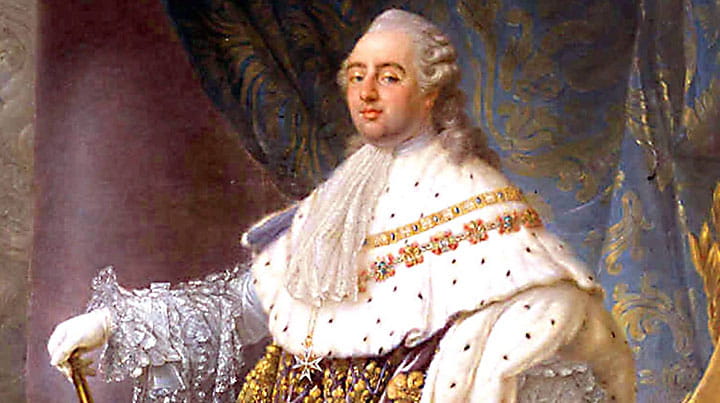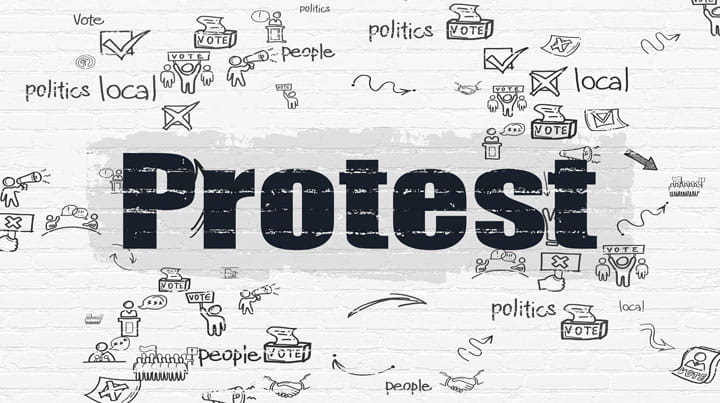Why might a researcher of gangs, for example, not reveal their real name either at the time of study or when writing up the work?
If a researcher employs covert participant observation, are they obliged to take part in all the observed groupÕs activities?
What ethical dilemmas are involved in the research you have just read about?
To what extent should a researcher protect those being observed/researched?
Taken from a social psychology website, the link below contains ideas and suggestions for social norms which could be broken. Students are tasked with choosing a norm to break Ð this in itself prompts some interesting class discussion about what would and would not be useful/appropriate Ð care and guidance should be exercised here. This is an example of participant observation as the student researcher is a participant in the environment they are studying and then observing the people in that environment.
Discover More Social Psychology Network
If you scroll down on the website the information, you will see some clear directions for students on the write-up of this task Ð this is essentially the focus of the activity. Students are a participant in the environment they have chosen and must record the reactions of others.
 Brought to you by the British Sociological Association
Brought to you by the British Sociological Association













